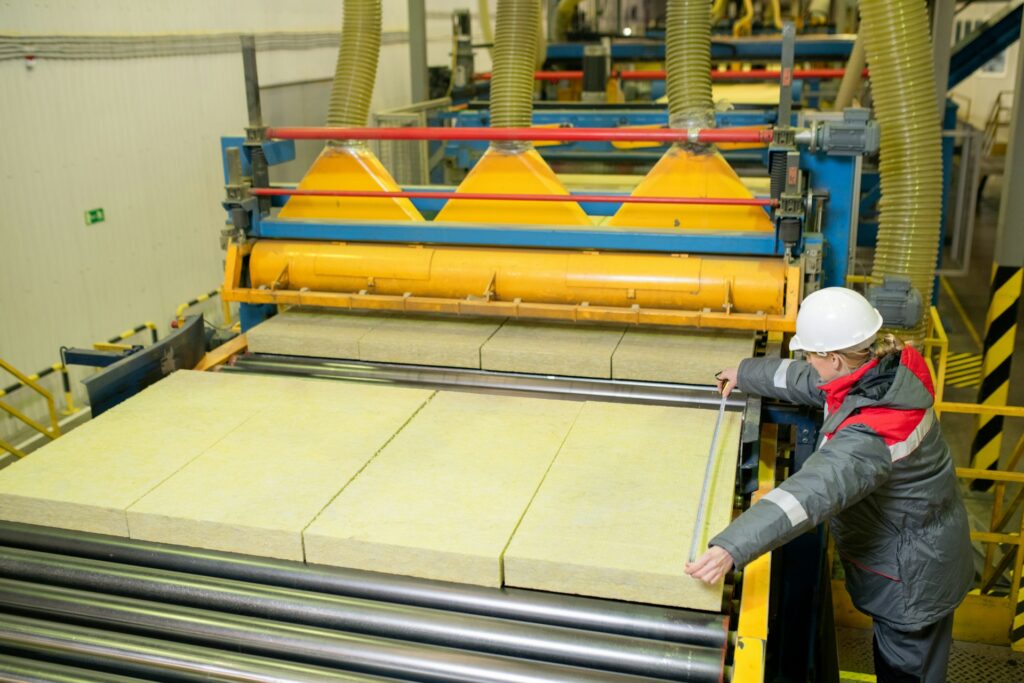Description: A practical guide to Indonesia’s furniture manufacturing industry, covering quality standards, materials, and export readiness.
Indonesia is one of the world’s leading furniture manufacturing hubs, known for its rich natural resources, skilled craftsmanship, and export-ready operations. For global buyers, understanding how Indonesian furniture factories operate, from material sourcing to compliance and logistics, helps reduce risks, build trust, and secure long-term partnerships.
-
Why Indonesia is a Global Furniture Hub
Indonesia ranks among the top furniture exporters in Asia, alongside Vietnam and China. With access to plantation teak, mahogany, and rattan, the country offers resource security that many competitors lack. Jepara, Central Java, in particular, has become synonymous with craftsmanship and large-scale export capacity (ITTO, Furniturenesia).
-
Material Strengths and Sustainability
- Teak wood: Renowned for durability and weather resistance, making it ideal for outdoor furniture.
- Mahogany & hardwoods: Common for indoor furniture, valued for their strength and polish.
- Rattan: A renewable resource, contributing to eco-conscious furniture design.
Indonesia enforces SVLK certification (Timber Legality Verification System), ensuring all wood exports are legally sourced—a key differentiator for European and US markets (FLEGT.org).
-
Production and Lead Times
Most Indonesian factories operate on 70–90 day production cycles per container, with additional time needed for custom designs or large-scale hospitality projects. Modern factories combine CNC machinery for precision with artisan finishing for design flexibility (Republic Furnitures).
-
Quality Standards and Certifications
Buyers should verify:
- SVLK (mandatory for exports) – guarantees legal timber sourcing.
- FSC® certification (optional) – adds credibility for eco-conscious markets.
- ISO and BSCI compliance – important for large-scale retail buyers.
Compliance not only reduces legal risks but also builds credibility with end customers.
-
Export Infrastructure
Indonesia’s main ports (Semarang, Surabaya, Jakarta) are well-integrated with furniture supply chains, making containerized exports reliable. The government also supports the industry through incentives and international trade agreements (Indonesia Investment Coordinating Board).
-
What Global Buyers Should Evaluate
When sourcing from Indonesian furniture manufacturers, global buyers should focus on:
- Material legality & sustainability: Verify SVLK/FSC certifications.
- Operational transparency: Request QC reports and factory audits.
- Production scalability: Assess ability to handle container-scale or custom orders.
- Communication & project management: Ensure consistent buyer updates and realistic lead times.
Summary Table
| Factor | Indonesia’s Advantage |
| Materials | Teak, rattan, hardwood — sustainable and locally sourced |
| Certifications | SVLK mandatory; FSC® optional |
| Craftsmanship | Strong artisan tradition, especially Jepara |
| Production Lead Times | 70–90 days per container, flexible for custom orders |
| Export Infrastructure | Major ports and government support for furniture exports |
FAQ
Q: Why do global buyers prefer Indonesia for furniture sourcing?
A: Indonesia combines rich access to sustainable teak and rattan, strong craftsmanship traditions, and mandatory SVLK certification—making it reliable for premium exports.
Q: How do Indonesian factories handle large-scale hospitality projects?
A: Many operate hybrid systems—using CNC machinery for structure and artisans for detailing—allowing them to deliver container-scale orders with design flexibility.
Q: Is Indonesian furniture more expensive than Vietnam or China?
A: Not necessarily. While labor costs may be slightly higher than Vietnam, Indonesia’s advantage lies in domestic material access and certifications, reducing import and compliance costs.
Q: What should a first-time buyer request from a manufacturer?
A: Certification documents (SVLK/FSC), sample QC reports, and clarity on production lead times before placing container-scale orders.
Indonesia’s position as a leading export hub is built on a rare mix of resources, craftsmanship, and compliance systems that few countries can match. For importers, working with established partners in Jepara and beyond ensures consistency across certifications, materials, and delivery. This combination explains why certified teak wood exporter Indonesia remains a preferred choice for global sourcing strategies, and how collaboration with eco-friendly furniture sourcing Asia partners strengthens both compliance and brand value in competitive international markets.

